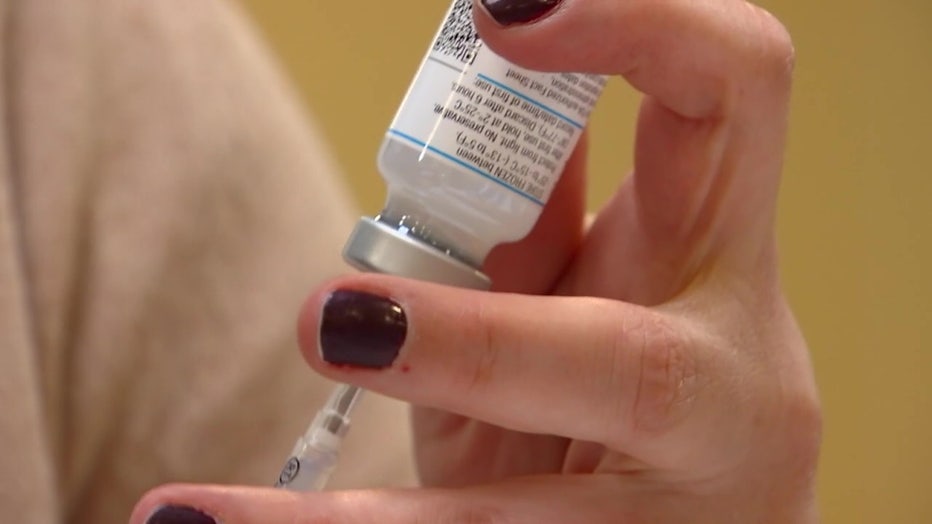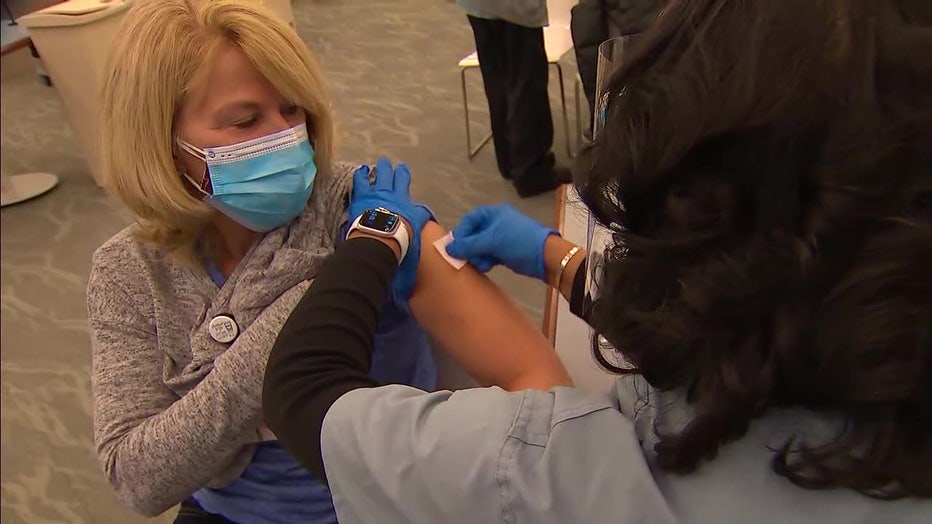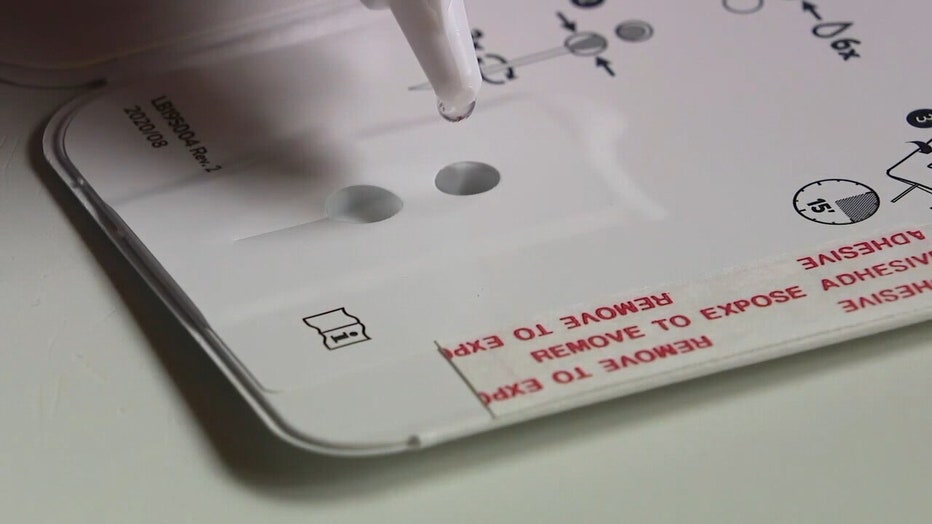‘Enjoy every day’: Floridians adjust to new normal 2 years after COVID-19 pandemic began
TAMPA, Fla. - Friday marked two years since the World Health Organization first declared COVID-19 a global pandemic, and things are now mostly returning to a sense of normal as final barriers lift.
On March 11, 2020, WHO officials spoke a sentence that changed the world as we knew it, stating, "We have therefore made the assessment that COVID-19 can be characterized as a pandemic."
In the days that followed, games were canceled, flights were suspended, and cities were shut down except for essential workers.
In Florida, COVID-19 left bars and restaurants shuttered for weeks, and schools and universities switched to e-learning. By summer, masks, social distancing and capacity limits showed up as places reopened.
"Things kind of opened up, and I was like do I trust it or I don’t know. It was hard trying to know what’s the right thing to do here," said Kaitlyn King, a Brandon resident. "It’s crazy I remember when I was like, oh it’s nothing. It’s just going to be a week or whatever, and then it turned into this."

By December 2020, healthcare workers got the first COVID-19 vaccines, then the rest of the public rollout followed in January through May. Pinellas resident Steve Wotovich helped test the shot in clinical trials as a volunteer.
"I think it was an honor to be part of it. Really what I wanted to happen is I wanted my daughter to have a normal, normal college life," said Steve Wotovich, a Redington Beach resident. "I just wanted my kids to have a normal educational experience and my parents to be able to live through their 80s without having to hide in their home."
A return to normal took its time. By summer 2021, vaccines became widely available for adults, some offices returned to work and cruises came back to Florida. Public health experts like USF Health epidemiologist Dr. Thomas Unnasch shared some lessons learned.

"What we learned is -- I think if we ever faced something like this again, it's going to have to be [like] look, we're making these recommendations based upon the best knowledge that we have right now," said Unnasch. "There's nothing really certain in the world, and what we're doing is moving ahead blindly as best we can to make the best, give the best advice we can. But that advice may change as we learn more."
READ Florida contradicts CDC, says COVID-19 vaccine 'risks...may outweigh benefits' for some kids
Changes came and went with health guidelines and COVID-19 variants, but one thing stood out for some in this experience over the last two years.

"Judging from people's attitude, I think people have learned that they shouldn't take life for granted, they should enjoy every day," said Wotovich. "Like before this happened, I never visualized a world where we wouldn't be able to do sports events and actually see people in person. I'm kind of a people person. I like chatting with people. So it made me appreciate a lot more what I never really knew could be taken away."
According to Johns Hopkins University, worldwide cases reached 453 million since the start of the COVID-19 pandemic. Six million people have died from the virus, but researchers said that number is likely much higher. Countries with the most deaths, include the United States, Brazil, and India.


